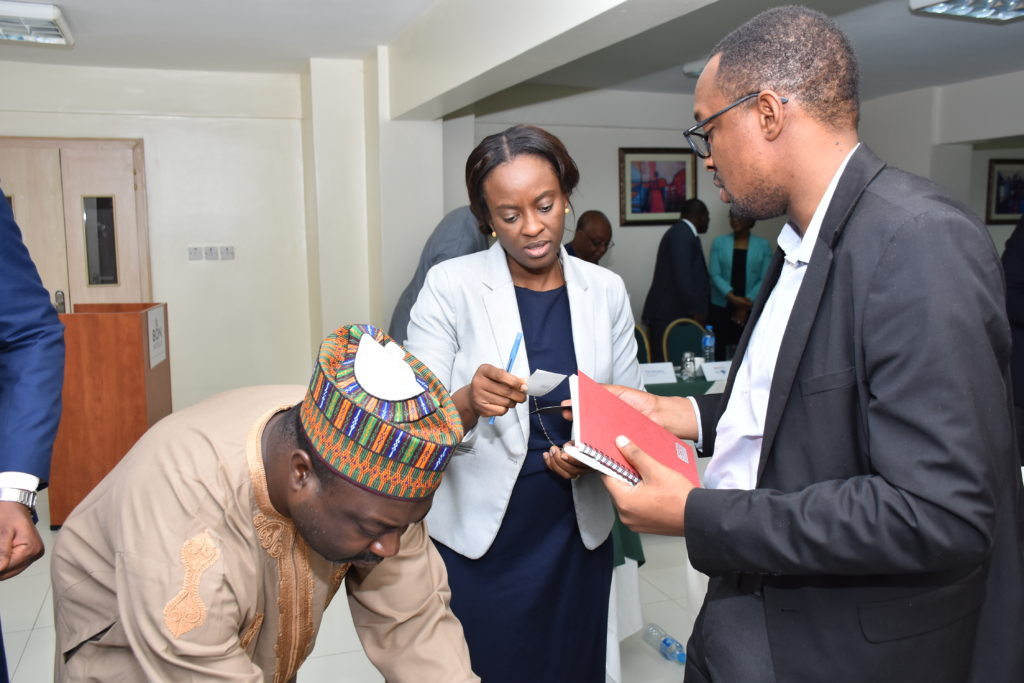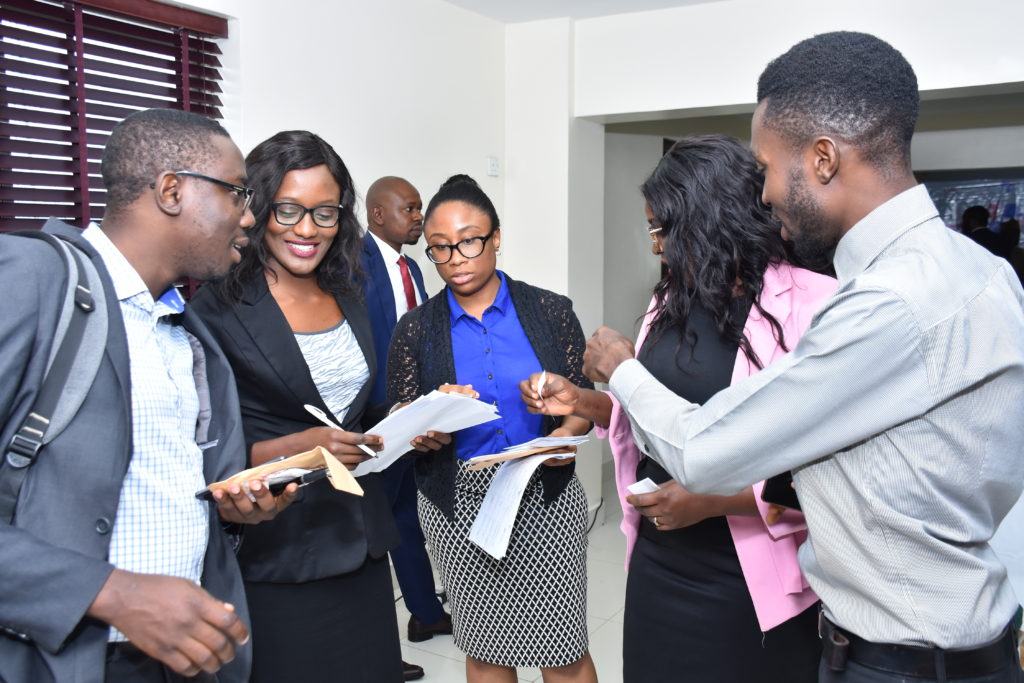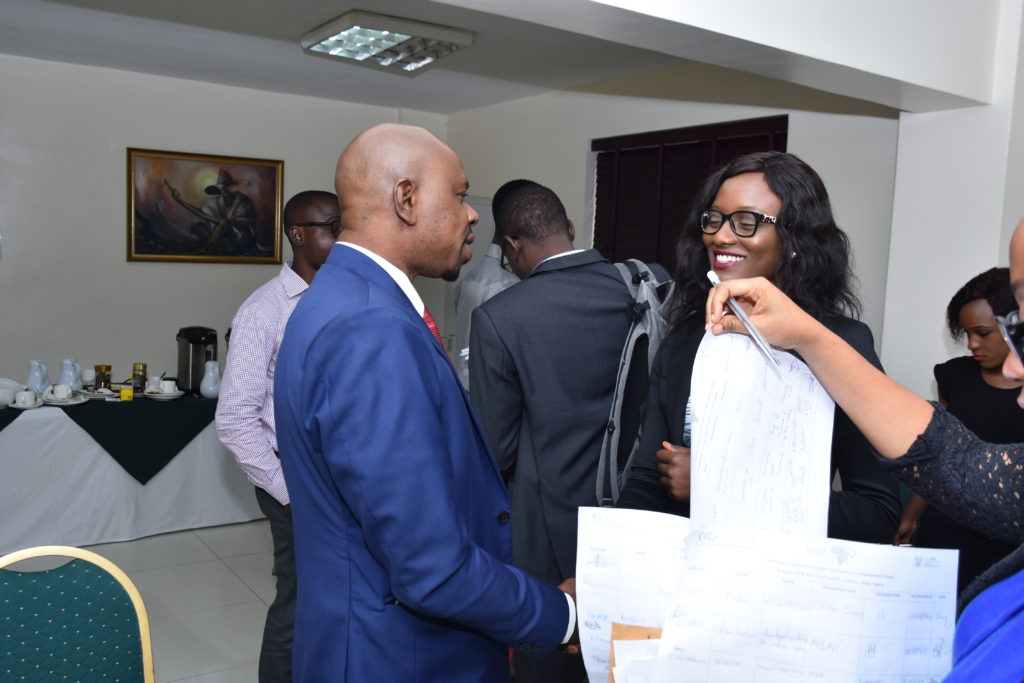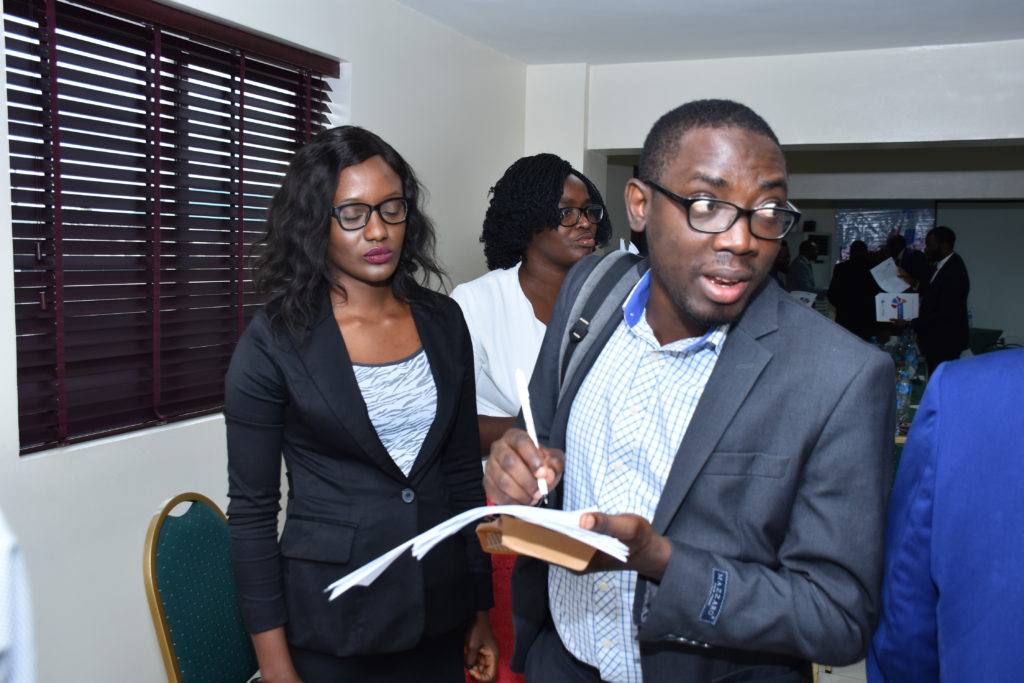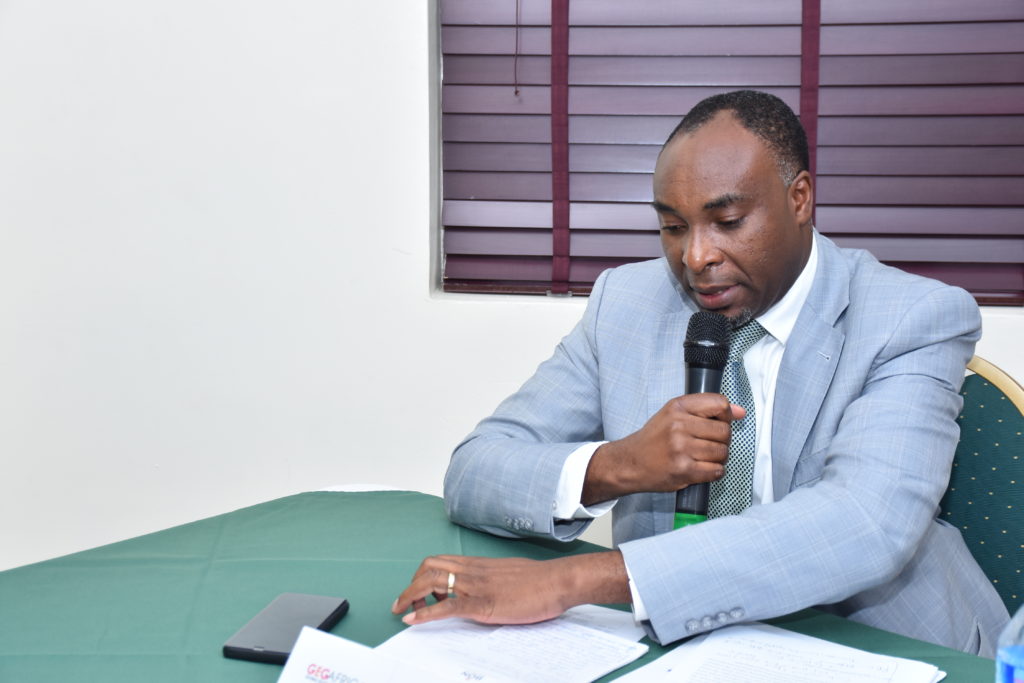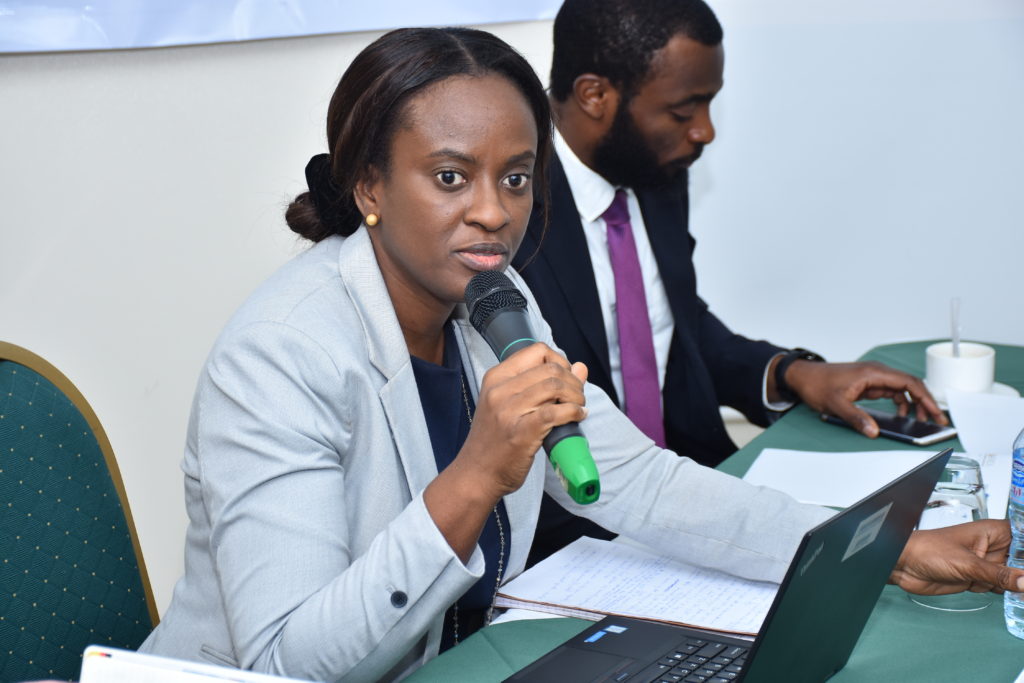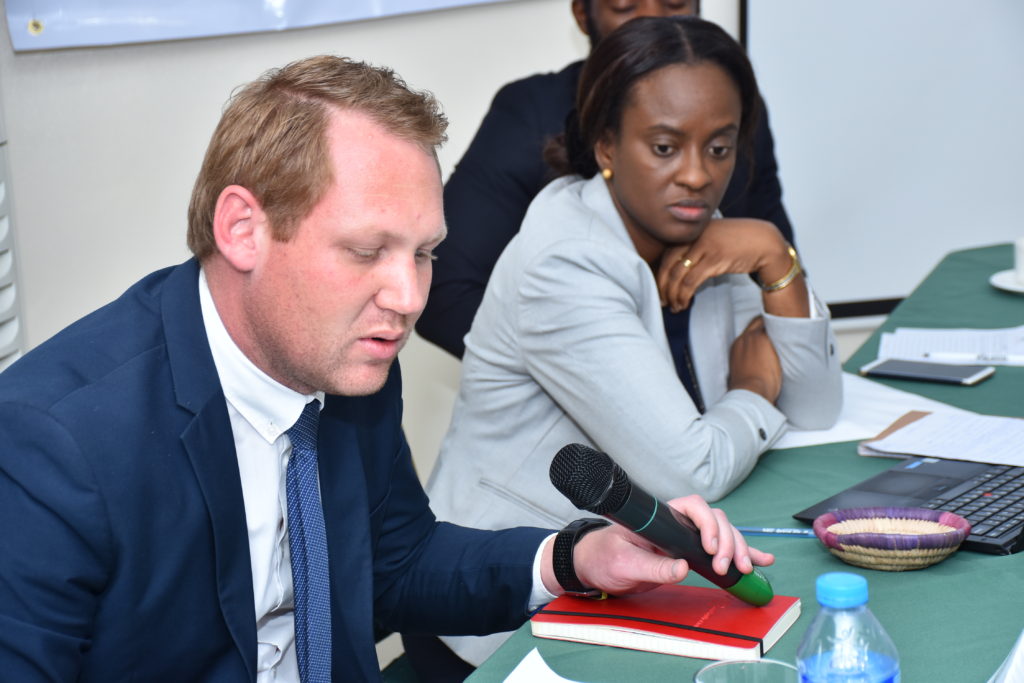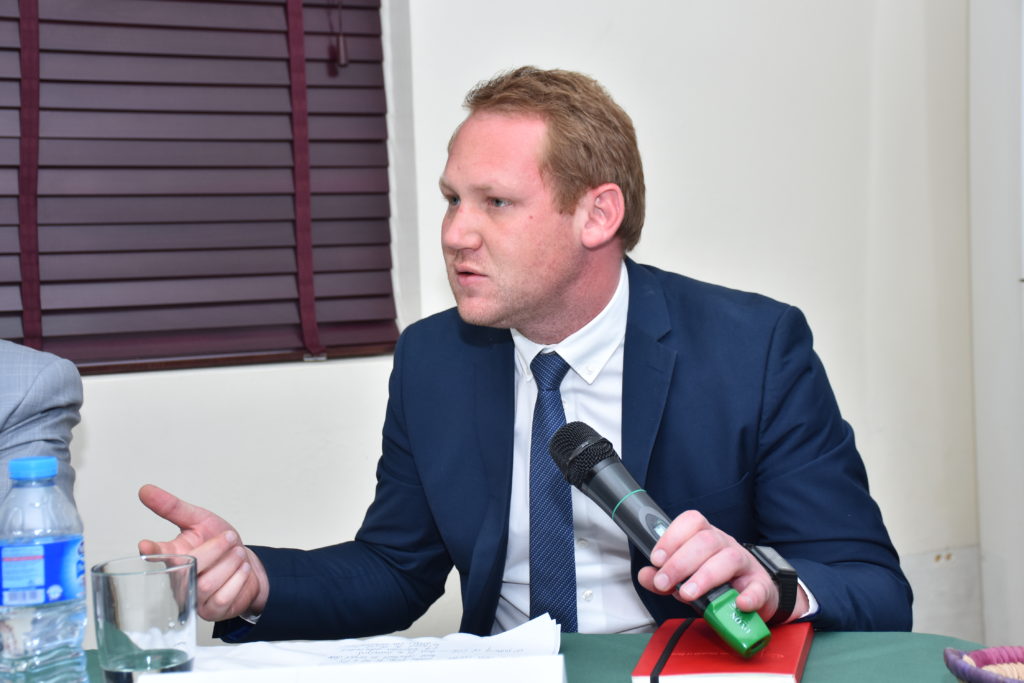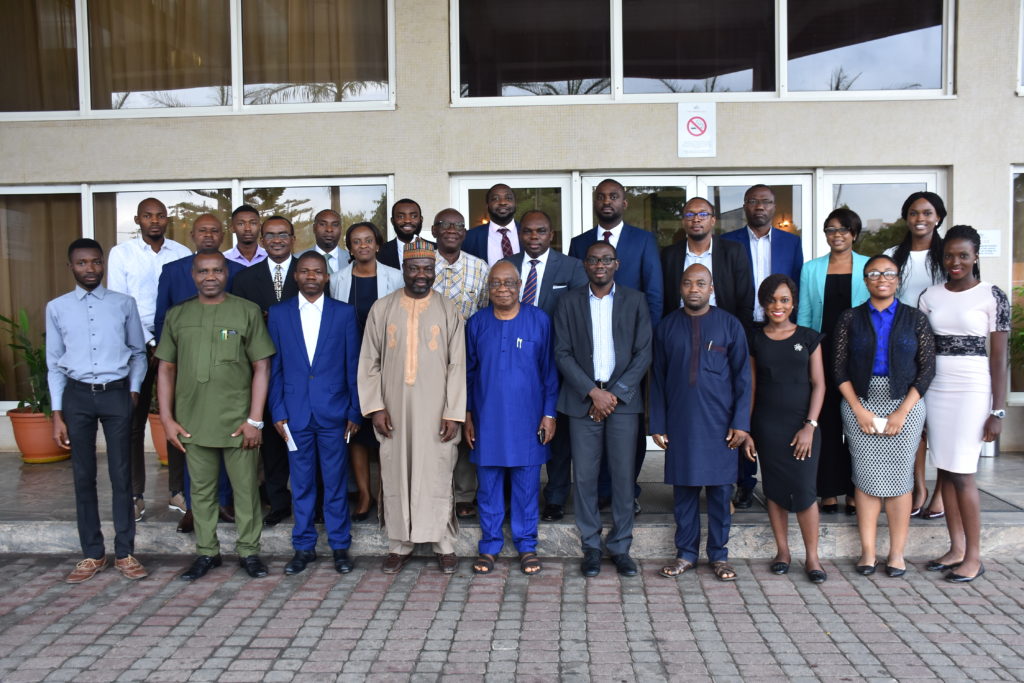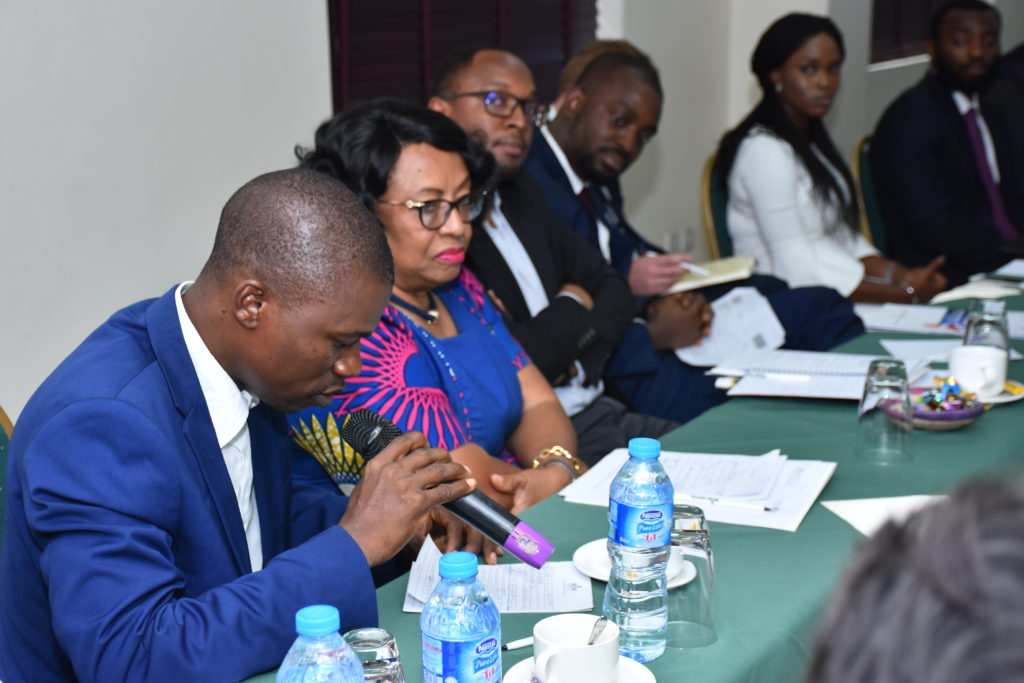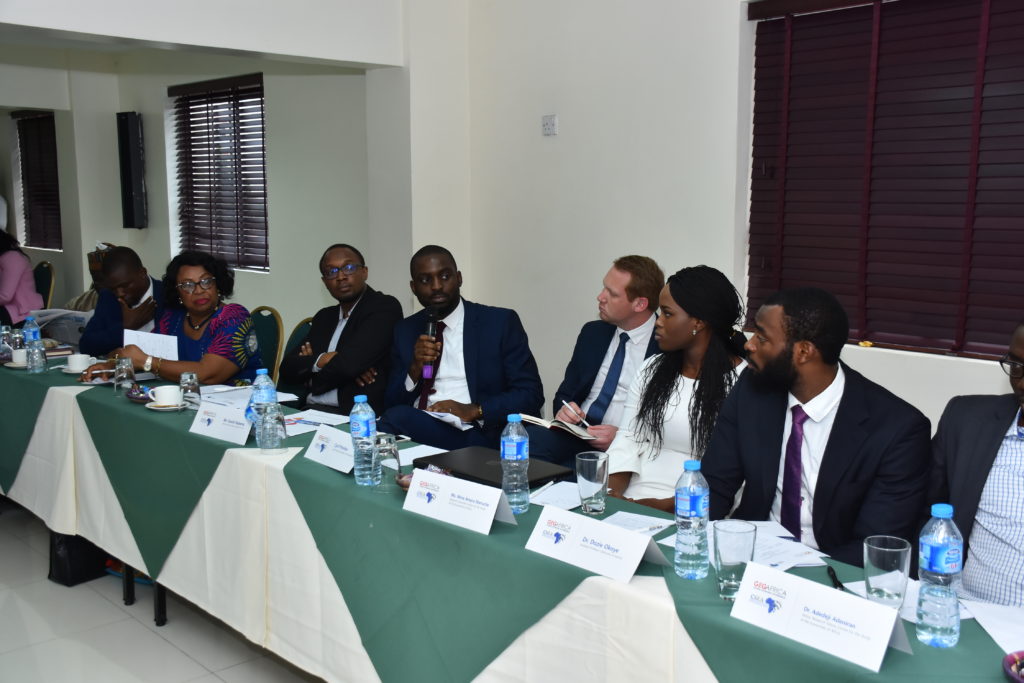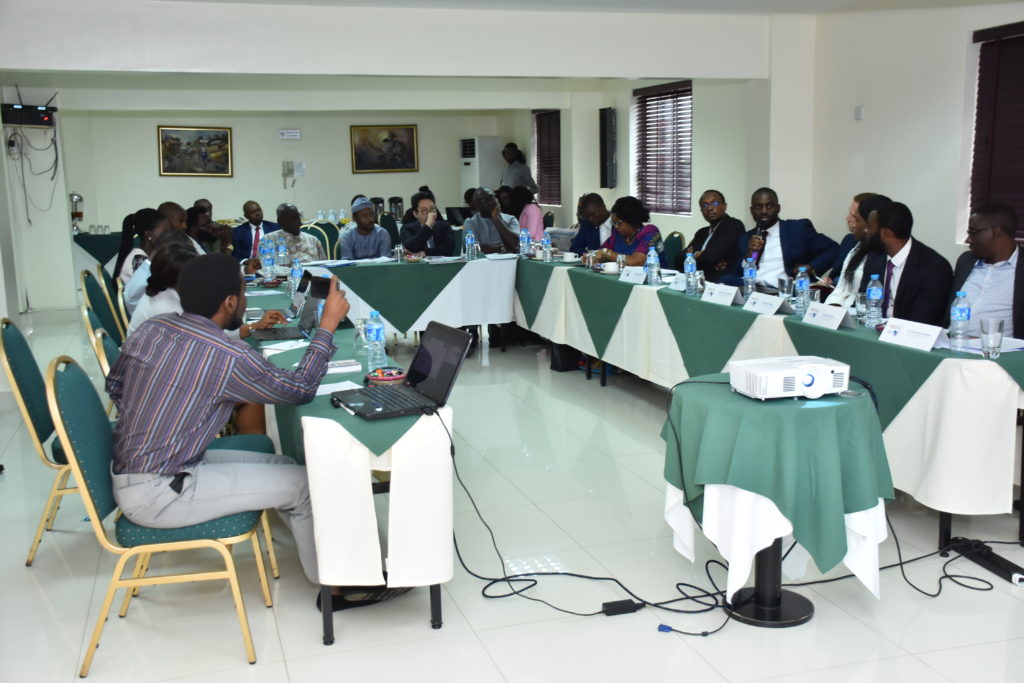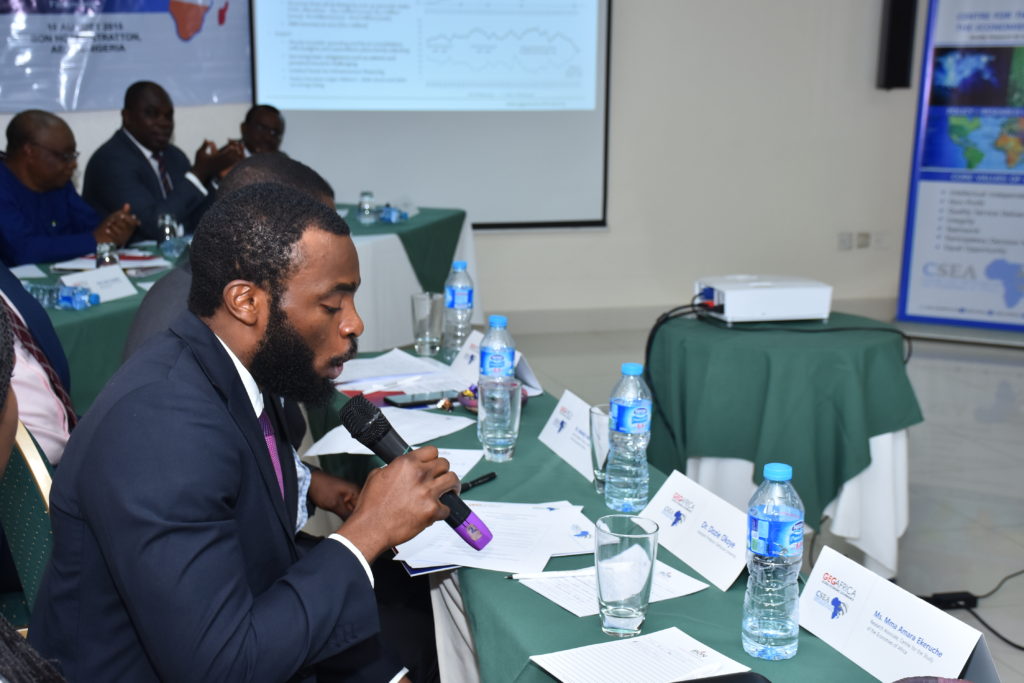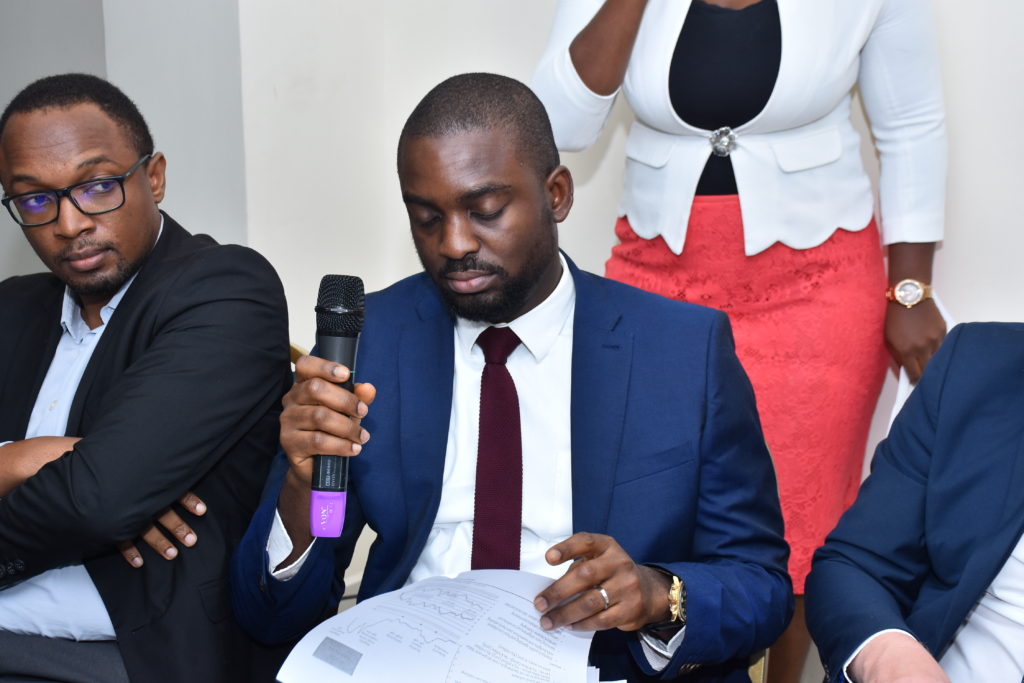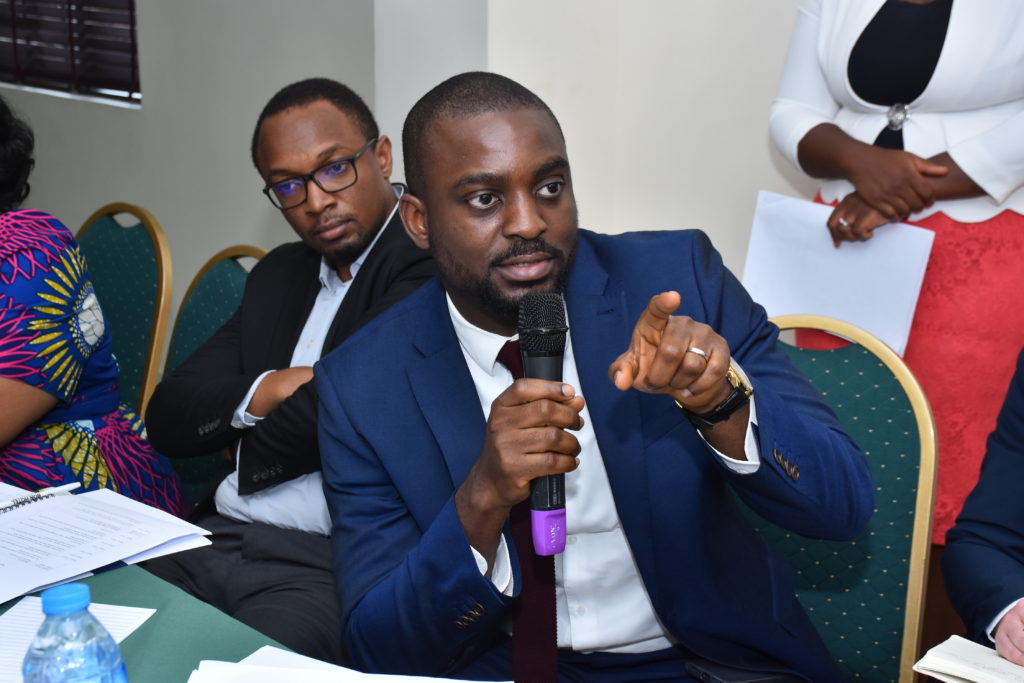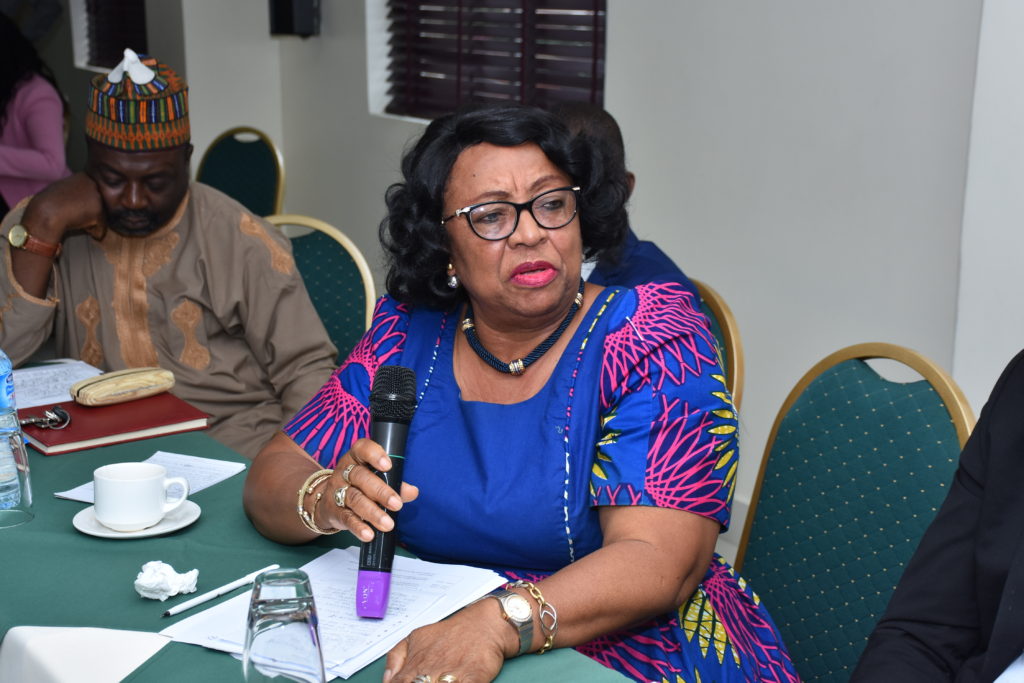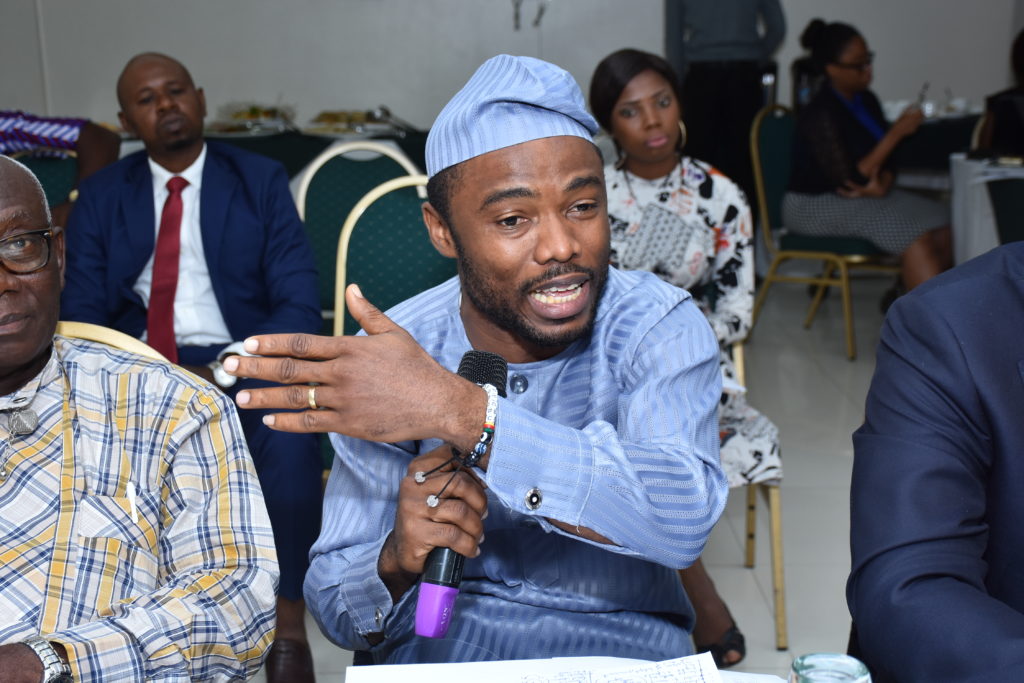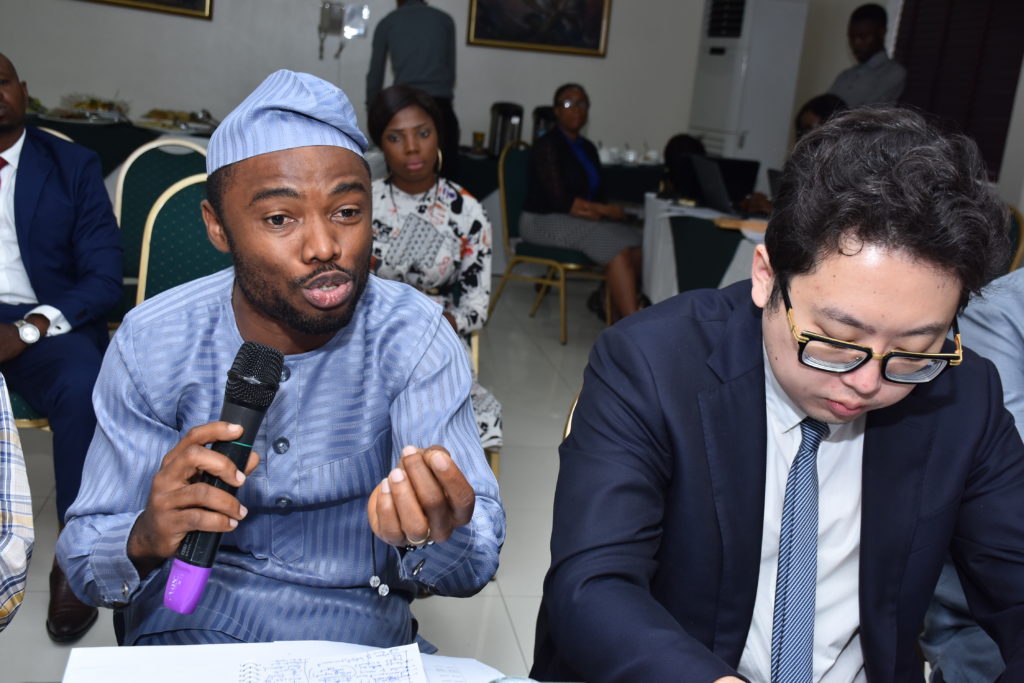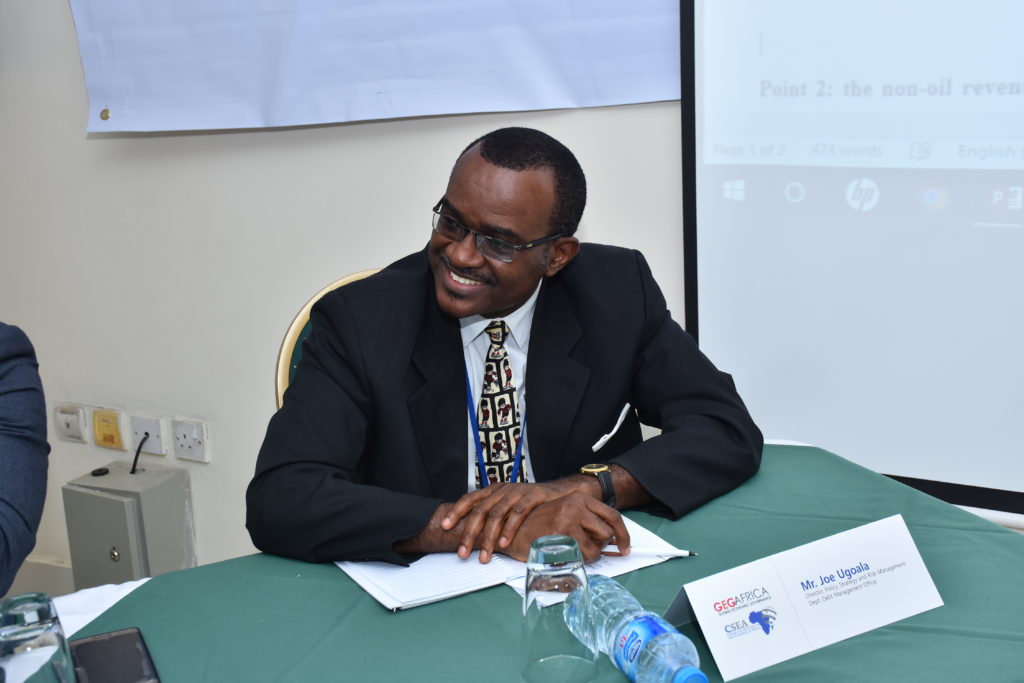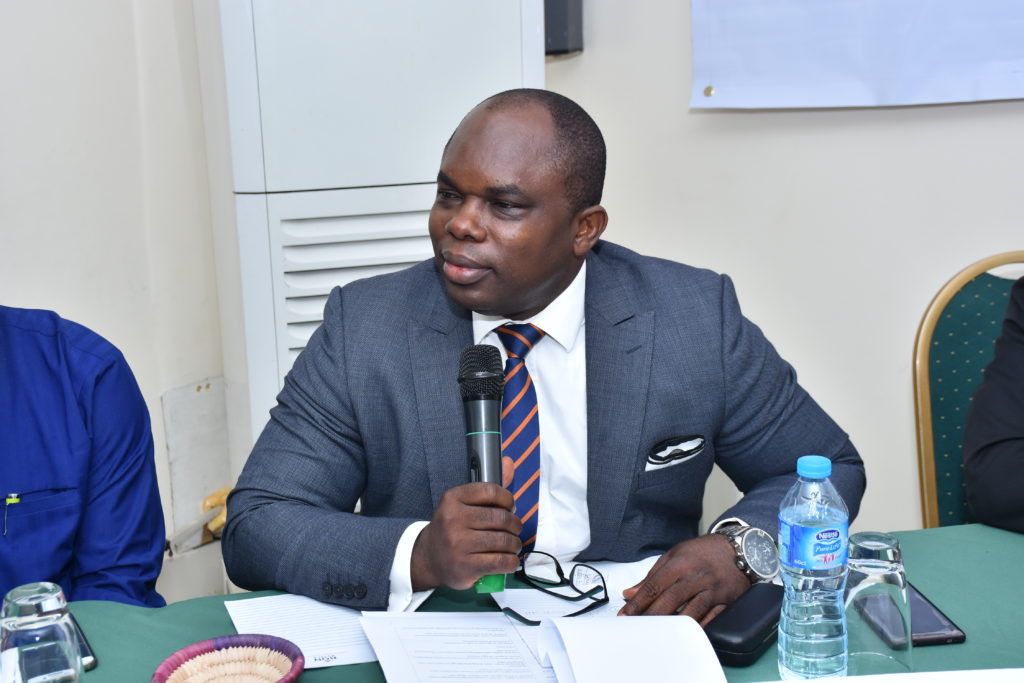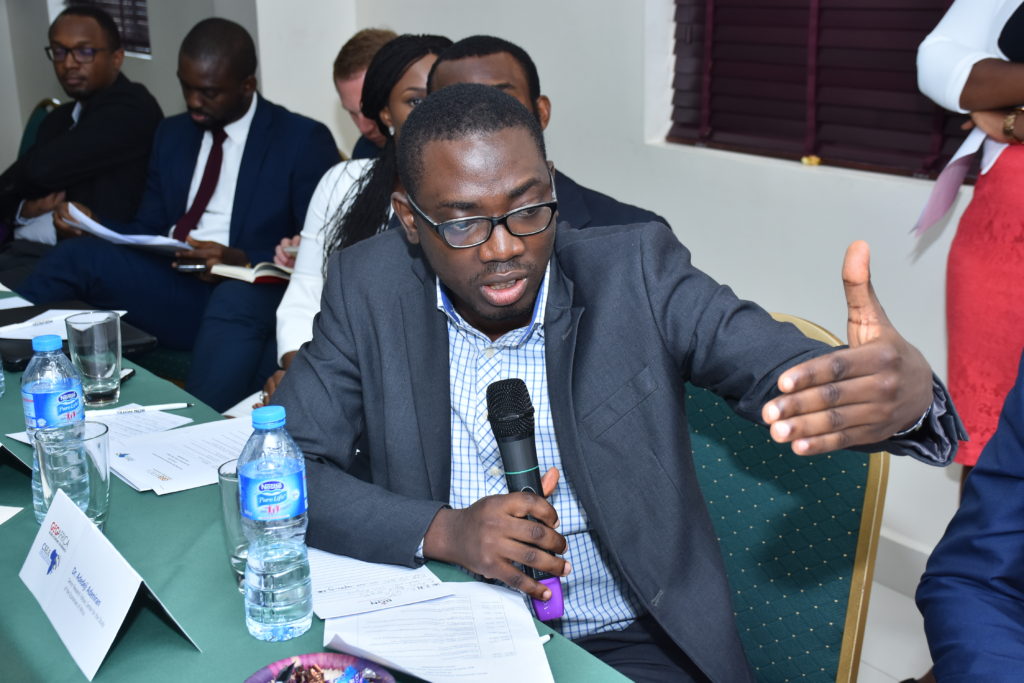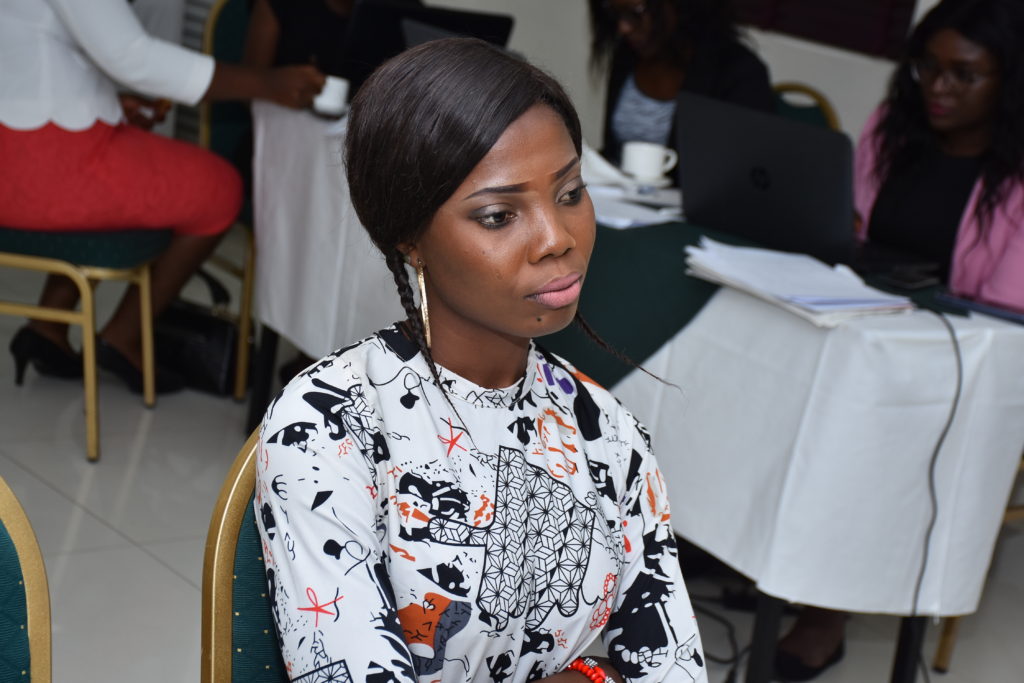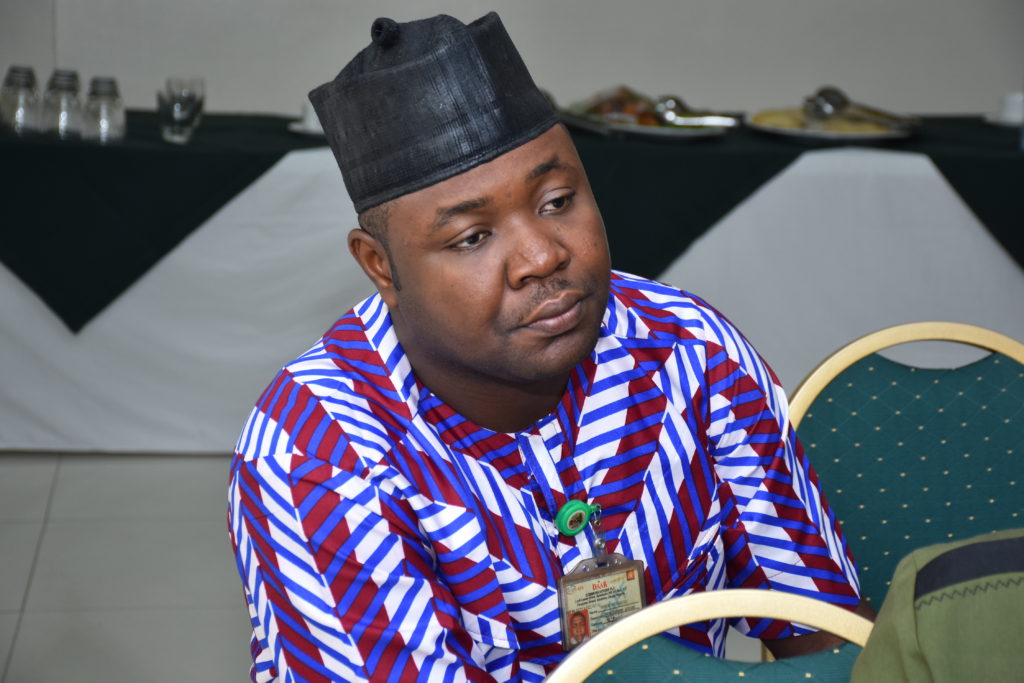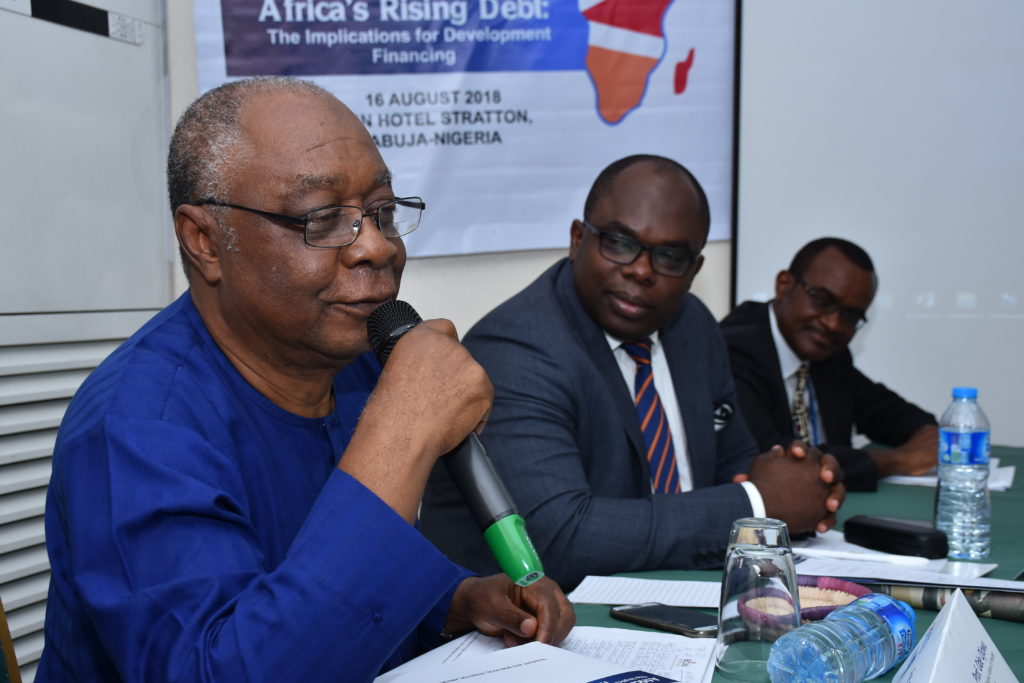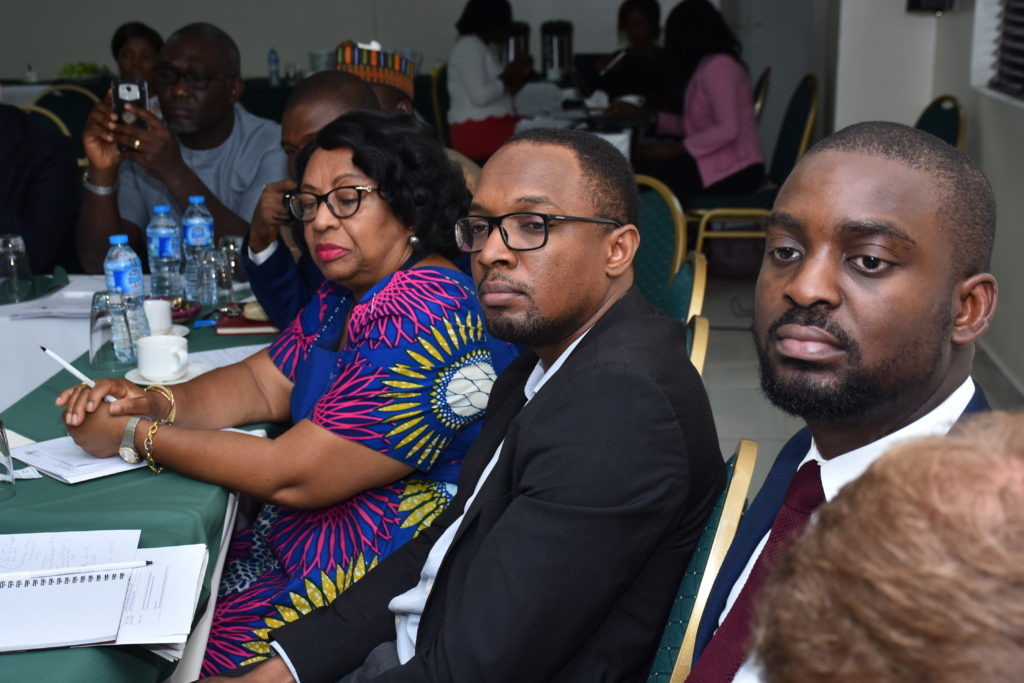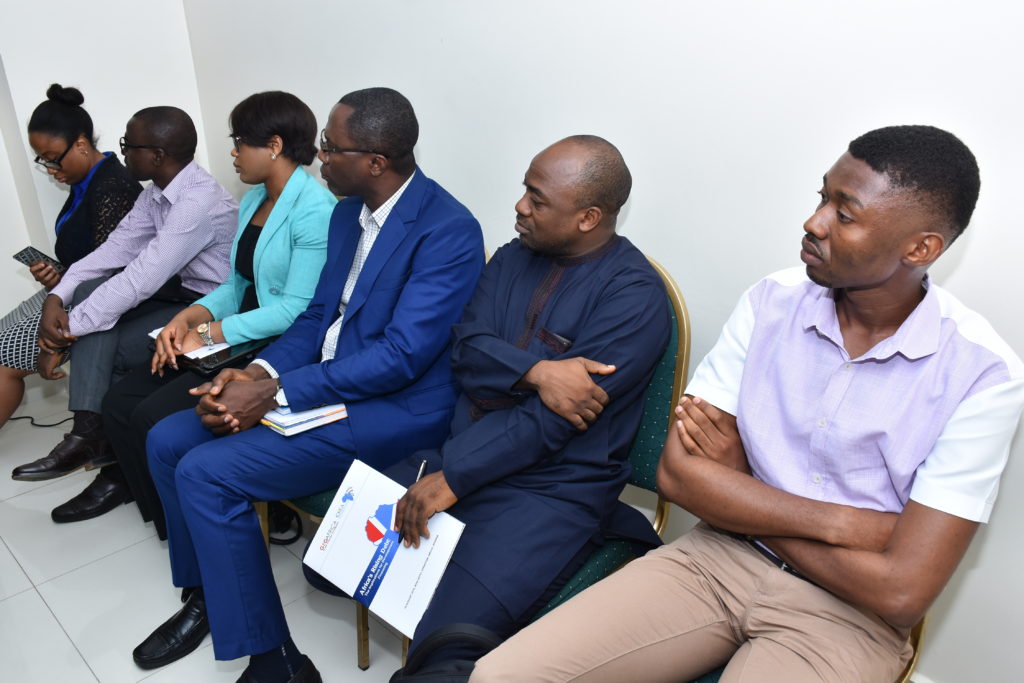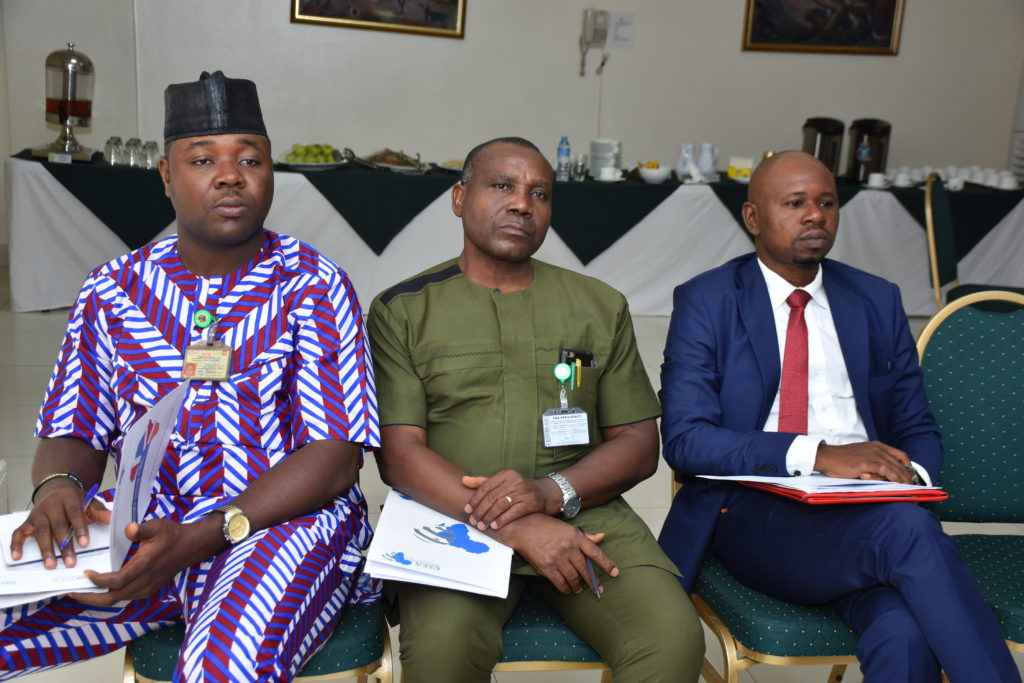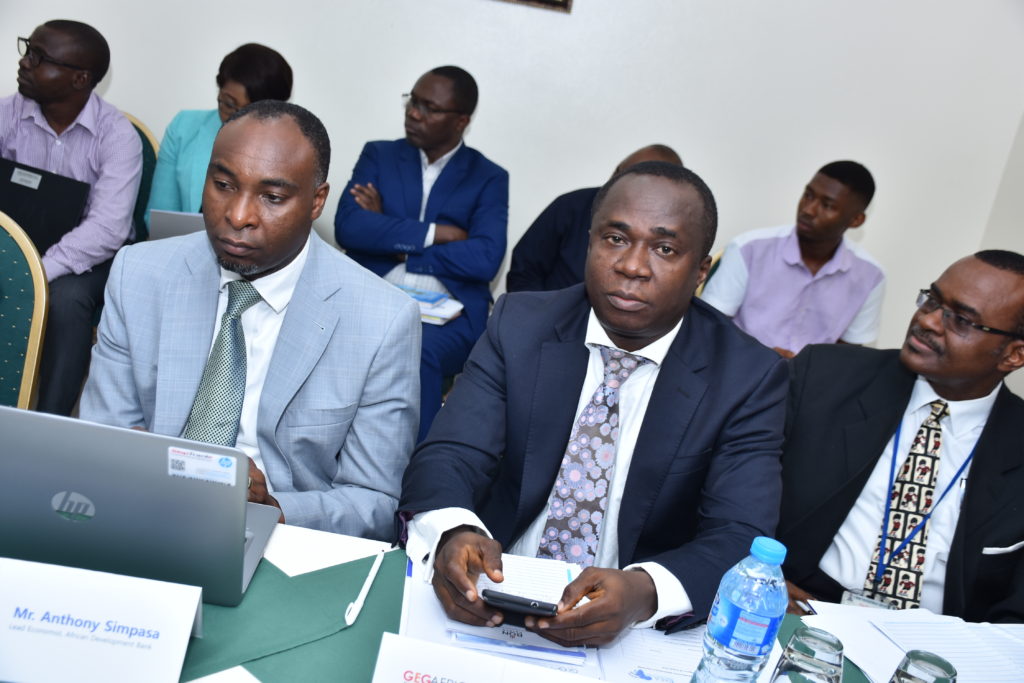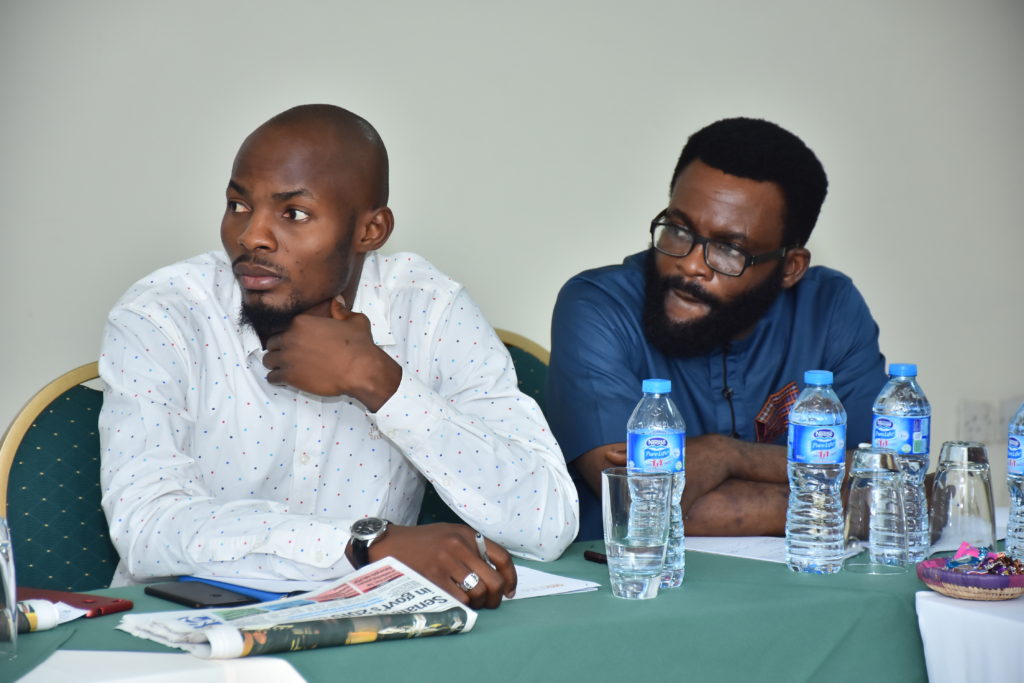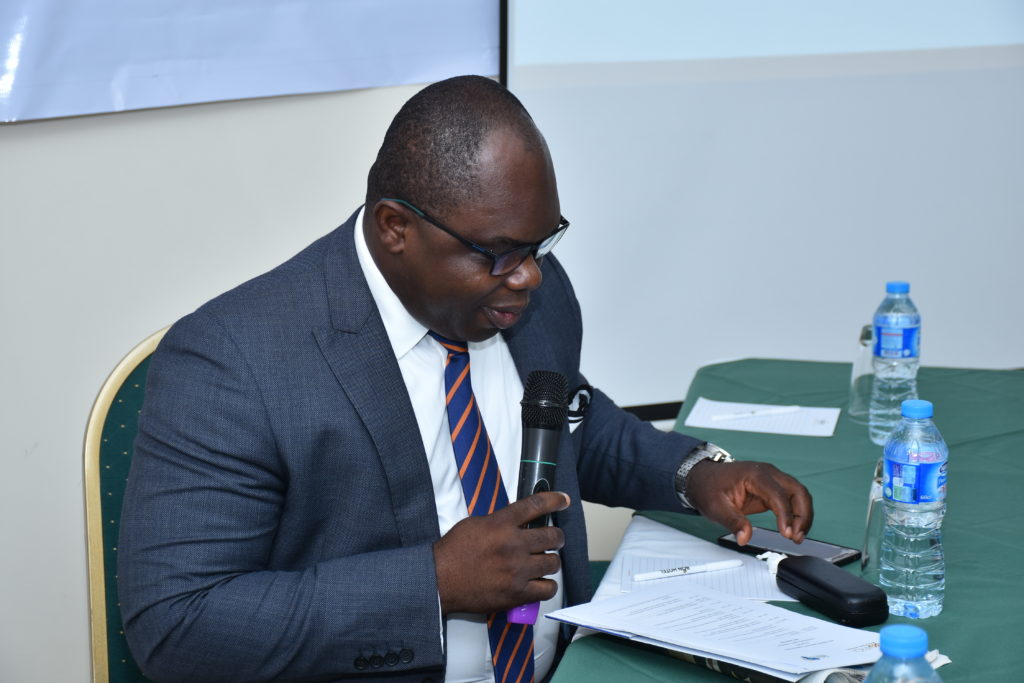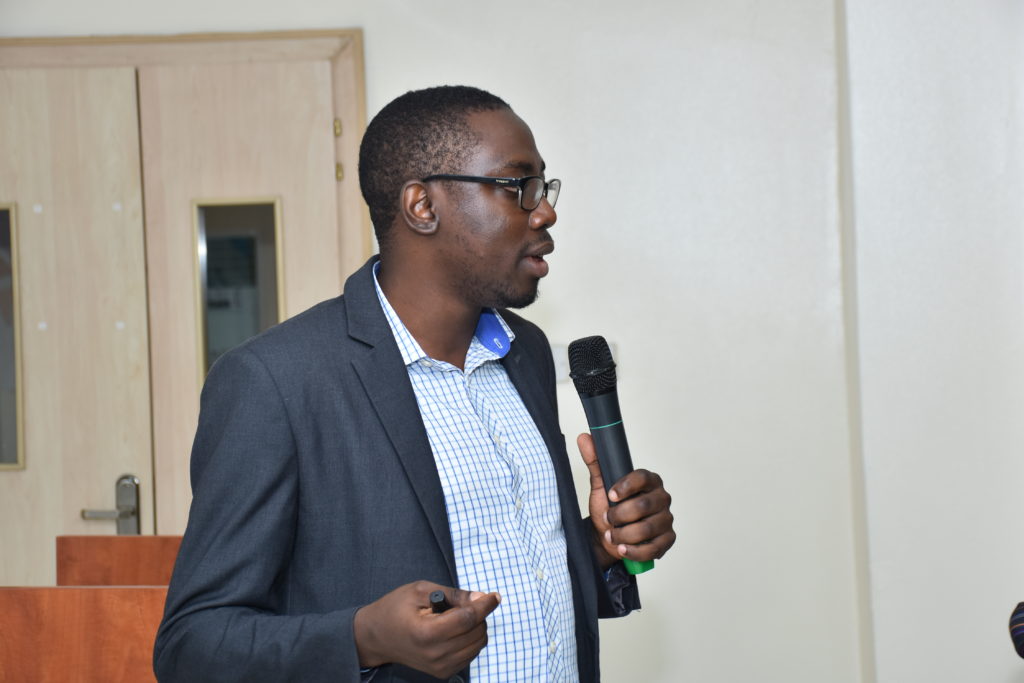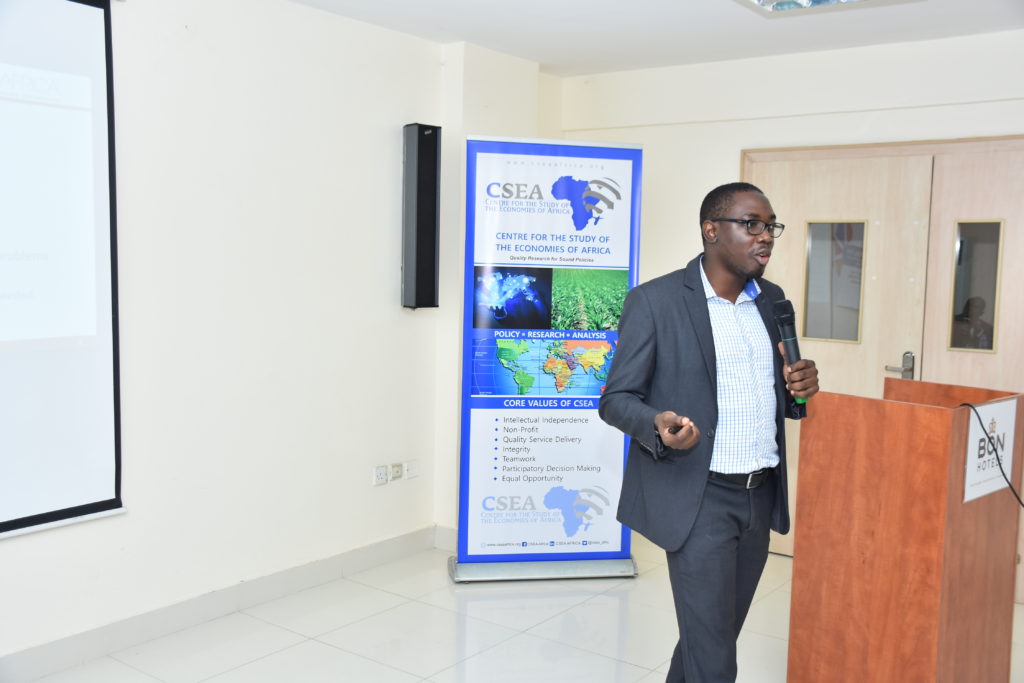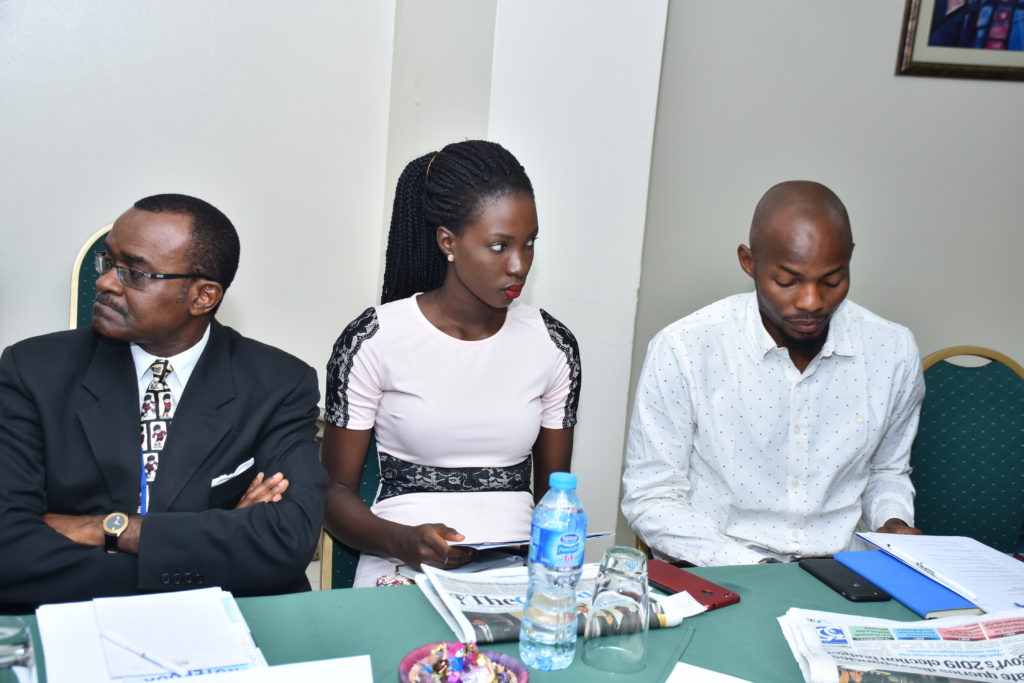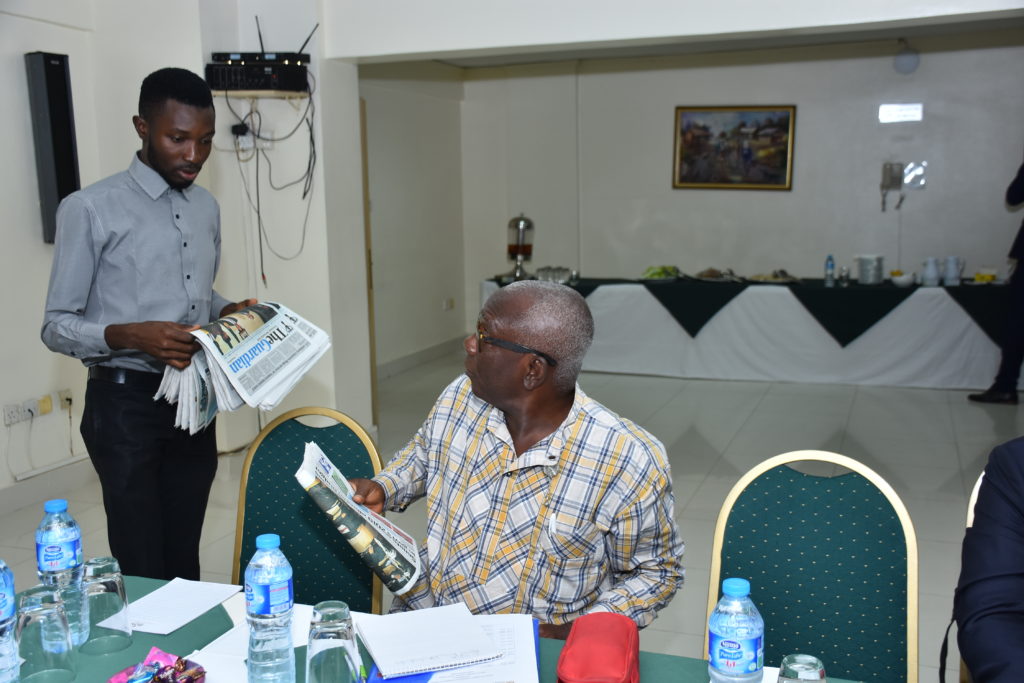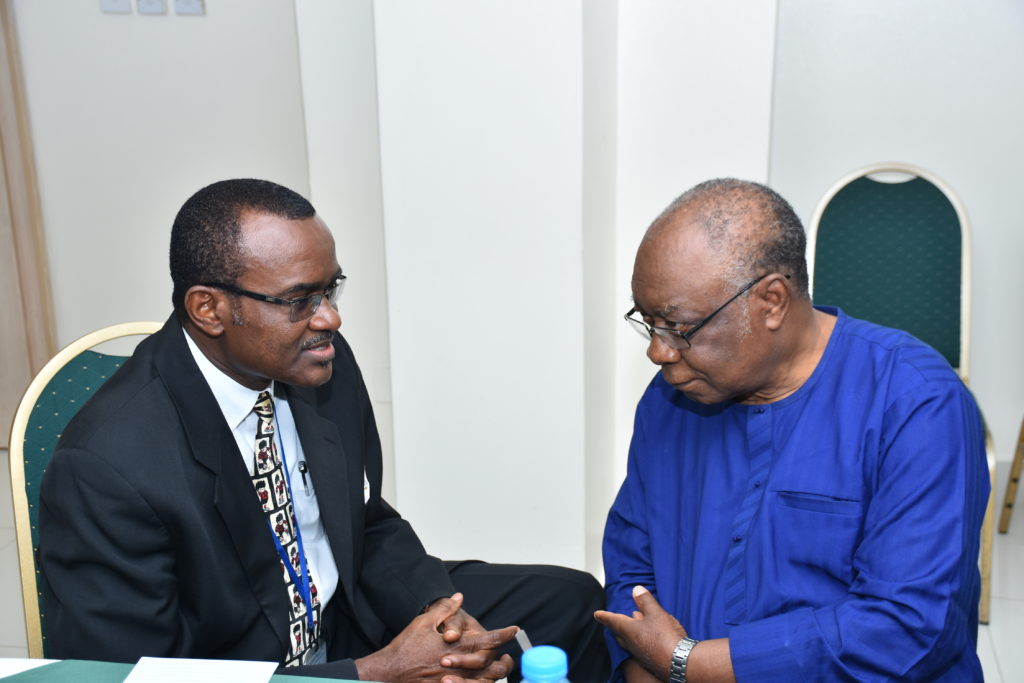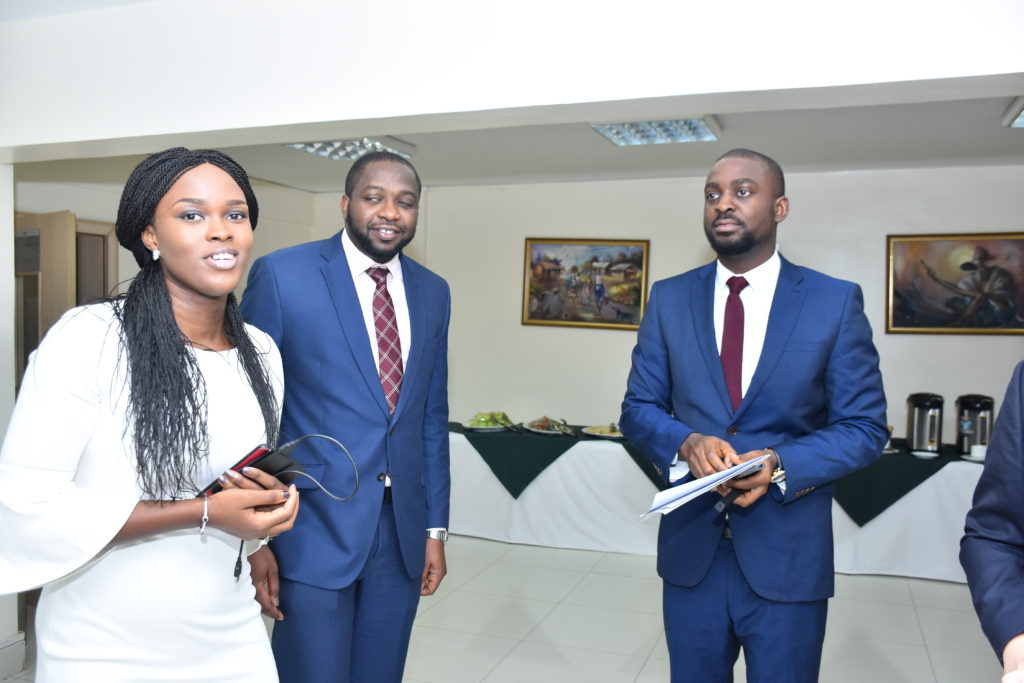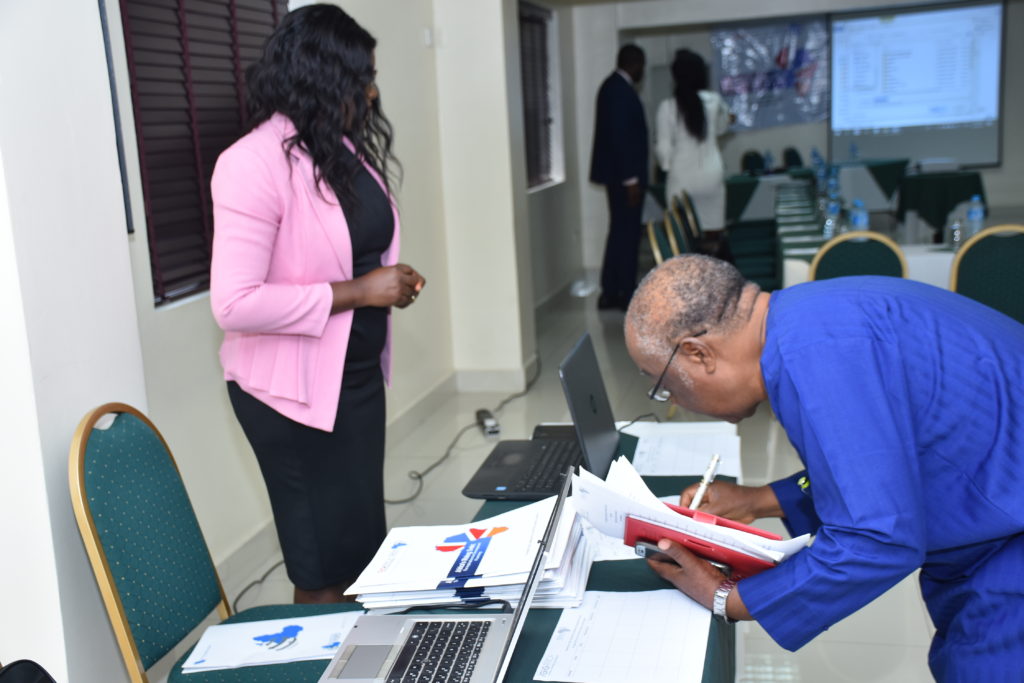On Thursday, August 16, 2018, the Centre for the Study of the Economies of Africa (CSEA) and the South African Institute of International Affairs (SAIIA) with support from Global Economic Governance Africa (GEGAfrica) organized a one day workshop on Africa’s Rising Debt: Implications for Development Finance. The workshop was held at Bon Stratton Hotel Asokoro, Abuja.
The main objective of the workshop was to disseminate the findings of CSEA’s study on Africa’s Rising Debt: Implications for Development Finance, as well as to receive feedback from relevant stakeholders including policy-makers, economists, academia and CSO’s. Specifically, the objectives of the event were
to:
- Illustrate the current status of debt in Africa;
- Illustrate the implications of Africa’s debt for fiscal sustainability taking into cognizance African developmental needs;
- Recommend viable debt management strategies for policymakers within Africa.
CSEA’s Executive Director, Dr. Chukwuka Onyekwena who welcomed participants to the workshop explained that rising debt and sustainability issues had re-emerged in Africa. He specifically highlighted the 2017 IMF debt sustainability report which indicated that 18 African countries were in high rate debt crisis. Dr. Chukwuka noted a significant rise in debt financing, exchange rate volatility and epileptic economic growth as key drivers of Africa’s rising debt.

Dr. Chukwuka Onyekwena, CSEA
CSEA’s Senior Research Fellow, Dr. Adedeji Adeniran gave a first presentation on ‘Nigeria’s Debt Profile: Sustainability Assessment and Emerging Concerns’. He stated that sovereign debt was inevitable because of issues such as tax smoothing due to exogenous shocks, imbalances in timing between inflows and outflows, spurring growth of key economic sectors and financing public sector investment. He, however, noted that persistent and unsustainable debt can create economic problems and result in economic distortions and negative growth if not effectively managed. He outlined external shocks, weak macroeconomic environment and inconsistent exchange rate as some of Nigeria’s debt management and sustainability challenges.
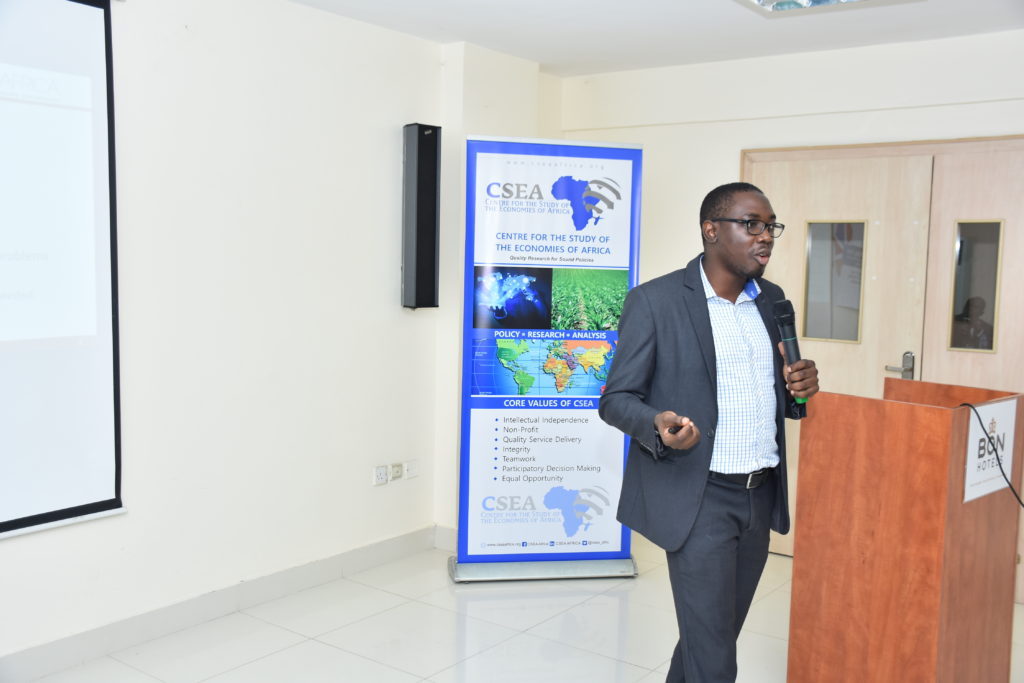
Dr. Adedeji Adeniran, CSEA
David Nabena from Nigerian Governor’s Forum gave a presentation on “Sub-national borrowing and debt management”. He opined that managing revenue volatility and achieving fiscal independence has always been challenging for successive governments in Nigeria because of huge oil dependence. Mr. Nabena noted that although policy responses in the last two (2) years have targeted fiscal stability, risks have remained. This, he said, signalled a call for stronger fiscal consolidation and policy adjustments including managing public sector employment. He also stressed the importance of implementing recommended actions of the fiscal sustainability plan on sustainable debt management. He advocated for greater spending efficiency and realistic budgeting. He also called for increased monitoring and impact evaluation, proper debt management, raising of domestic revenues and maintaining an environment of high investment and growth.

Mr. David Nabena, Nigerian Governors Forum
CSEA’s Research Associate, Mma Amara Ekeruche gave the final presentation on an “Overview of African Debt and Government Responses”. She noted that debt sustainability in Africa is emerging as a concern because of rise in the size of debt, worsening debt servicing capacity and increased risks posed by the changing debt characteristics. She gave an insight into the debt drivers as well as the changing characteristics of Africa’s debt. The rationale behind debt was to invest in projects that have the capacity to generate revenue to service the debt in the long term. However, there has been a general poor allocation to capital projects with some countries like South Africa allocating less than 5%. She noted poor cost-risk analysis, institutional challenges and data-related inefficiencies as some of the challenges African governments have been faced with in their debt management strategies.
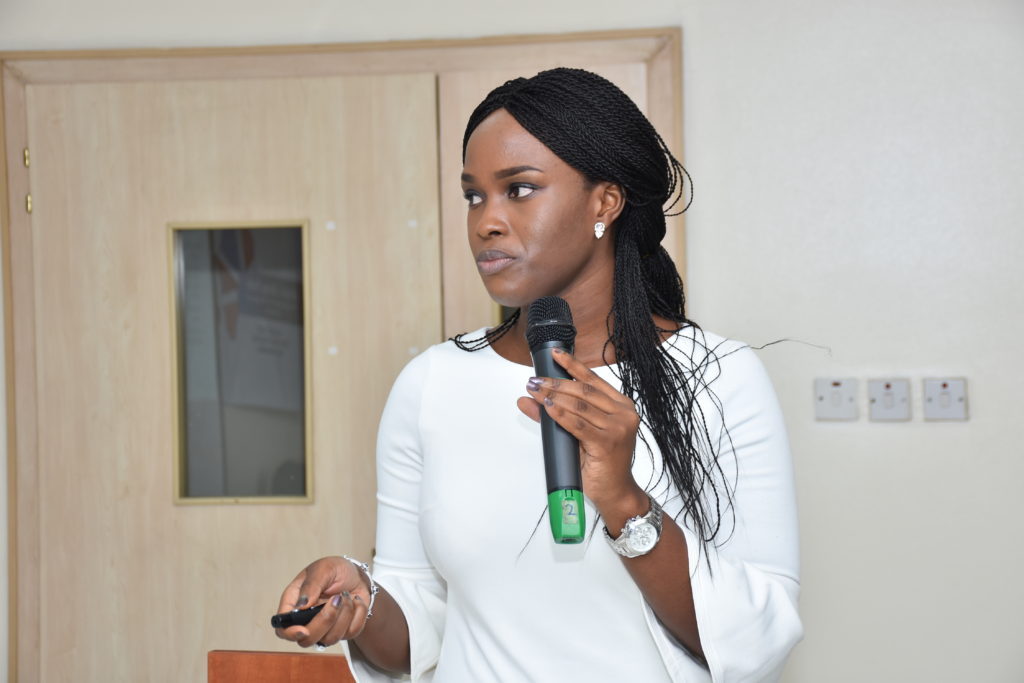
Mma Amara Ekeruche, CSEA
Policy Recommendations
Participants at the workshop which include representatives from the World Bank, the African Development Bank (AfDB), the Debt Management Office (DMO), Nigeria Governors Forum (NGF), Heinrich Böll Stiftung, Ministry of Budget and National Planning, Revenue Mobilization and Fiscal Commission, the Academia, Research Institutes, Civil Society Organizations agreed on the following recommendations:
- International finance institutions must ensure responsible lending
- African Government must take full responsibility for their debt management strategies
- African Governments should work to reduce private sector financing
- There is need to exercise caution in private sector financing because it is more expensive than MDBs and private sector lenders are less likely to forgive debts or restructure loans.
- MDBs should engage countries to adopt root-based fiscal policies
- The terms of borrowing from other countries like China needs to be fully negotiated and understood by the borrowing government.
- Independent Debt Management Offices should be established. The DMO’s responsibilities should be expanded to include monitoring utilization of debts.
Click on the download button to read the full Communiqué.
